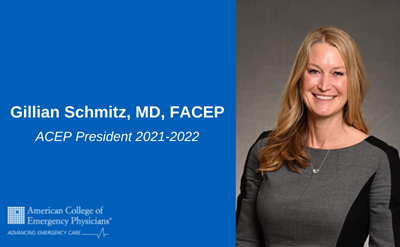WASHINGTON, D.C.—In a letter sent to Congress today, nearly 900 smaller and independent physician practices across medical specialties outline the potentially devastating unintended consequences that certain legislative proposals to solve surprise bills could have on physicians' ability to care for patients in our communities.
Smaller and independent physician practices are vital to our communities. In addition to employing thousands of people across the country, they often are the only source of care in rural and underserved areas.
Smaller and independent physician groups are already disadvantaged when it comes to contracting with health plans. This letter emphasizes strong concerns that rate setting or benchmarking will further tip the scales in favor of insurance companies, eliminating what few incentives remain for insurers to negotiate fairly, increasing system costs and the likelihood of consolidation, and driving these physicians out of network, or out of the market entirely. The letter states:
“…at best [many insurance companies] offer us only drastically undervalued ‘take-it-or-leave-it’ contracts that will not even cover the costs of our overhead—while others ignore altogether our inquiries to be part of health plan networks. The wrong approach to addressing surprise bills will only further empower insurers to weaken our practices.”
Instead, physicians strongly support an independent dispute resolution (IDR) process as the best approach to take patients out of the middle, while providing a fair and efficient way to resolve disputes between providers and insurers. In New York, IDR has successfully saved consumers $400 million and reduced out-of-network billing 34 percent, according to the New York State Department of Financial Services. The letter states:
“Based on successful state models, it is clear such an approach when used federally can eliminate surprise bills, reduce health care costs, and ensure fair and equitable contracting dynamics between insurers and physicians without adding undue burdens or costs to taxpayers.”
The letter also cautions Congress to avoid restricting IDR claims to a qualifying dollar amount, a request buoyed by informal estimates from the Congressional Budget Office that show little to no impact on scoring should a threshold be reduced or eliminated.
Smaller and independent physician practices are urging Congress to be thoughtful about the best solution to truly protect patients from surprise bills, while ensuring their access to care. Physicians write:
“We firmly believe, therefore, that an appropriate policy must be crafted that keeps costs contained, preserves access to care for patients, and will not disrupt contracting dynamics between physicians and insurers who attempt to negotiate in good faith.”
Patients need a cure for surprise bills, not a short-term band-aid.
 American College of Emergency Physicians
American College of Emergency Physicians







